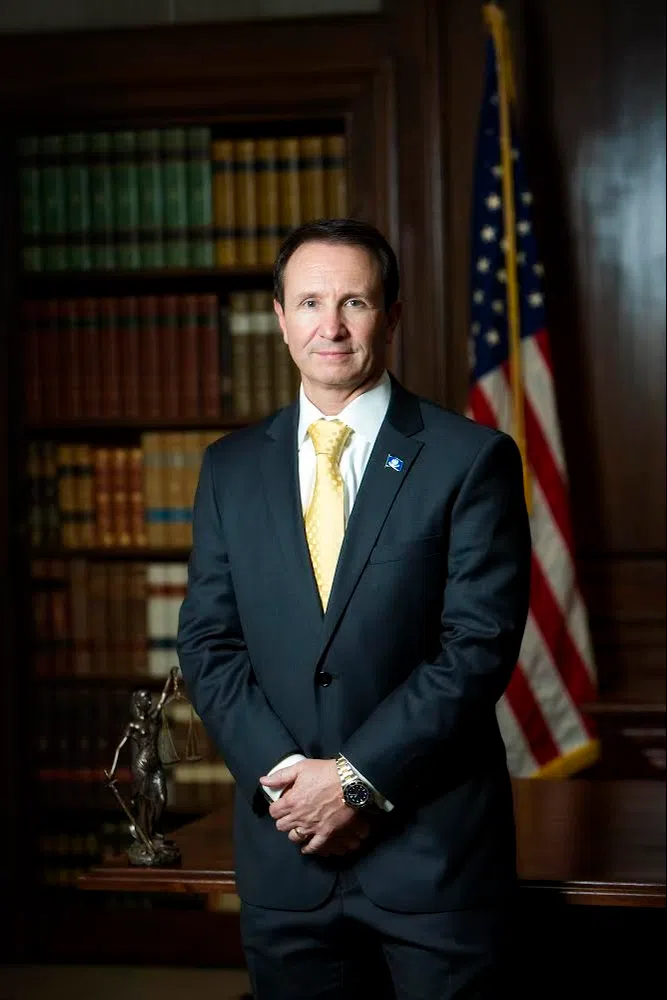
Governor Jeff Landry opened the special session on Monday afternoon by calling on lawmakers to pass a Congressional map with two majority Black voting districts. Landry says if the state Legislature does not do it before the special session ends on January 23rd, the federal courts will.
“These maps will satisfy the court and ensure that the Congressional districts of our state are made right here in this Legislature and not by some heavy-handed judge,” said Landry.
Judge Shelly Dick ordered Louisiana to redraw the Congressional map by January 30th. The current map violates the Voting Rights Act because the state’s population is one-third Black, therefore one-third of the state’s Congressional districts should have a Black majority.
Chair of the Louisiana Legislative Black Caucus Candace Newell took to the House floor before Landry spoke and said she’s received assurances from the governor and Republican Legislative leadership that they will pass a map with two voting Black districts.
“On Martin Luther King’s holiday let us remember his contribution and sacrifice to voting rights and remember his words, ‘the time is always right to do what is right,” said Newell.
During this special session, Landry also wants legislators to pass legislation that will shift Louisiana’s elections from the jungle open primary to closed party primaries. He says it’s only right for voters in a political party to choose their candidate to represent them in the General Election.
“You have the ability to select your party’s candidate for office, without the interference of another party or without the distraction and the interference of a convoluted, complicated, and extended ballot to wade through and decipher,” said Landry.
Landry is also urging legislators to pass a new Supreme Court Justice District map. There are currently seven districts and Landry says there should be two Black majority districts. He says the federal courts are threatening to draw a new map if the Louisiana Legislature does not.
“Our Supreme Court districts have been redistricted by this Legislature only one time in 103 years, the result is that districts are grossly unbalanced, with two districts twice as large as another,” said Landry.
Legislators will also debate whether there should be nine Supreme Court districts instead of the current seven.







Comments